Showing 37–41 of 41 results
-
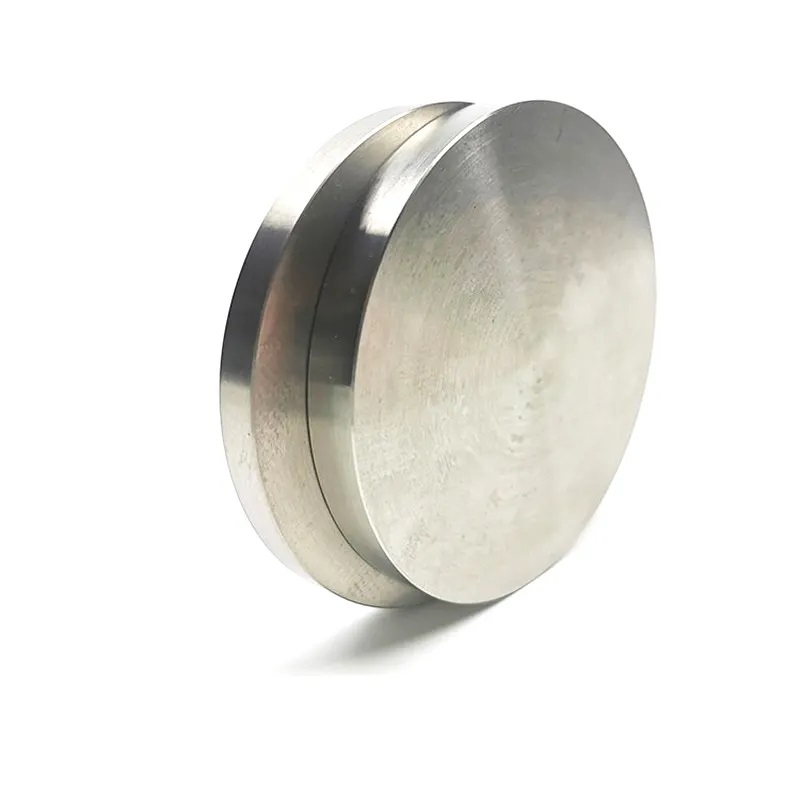
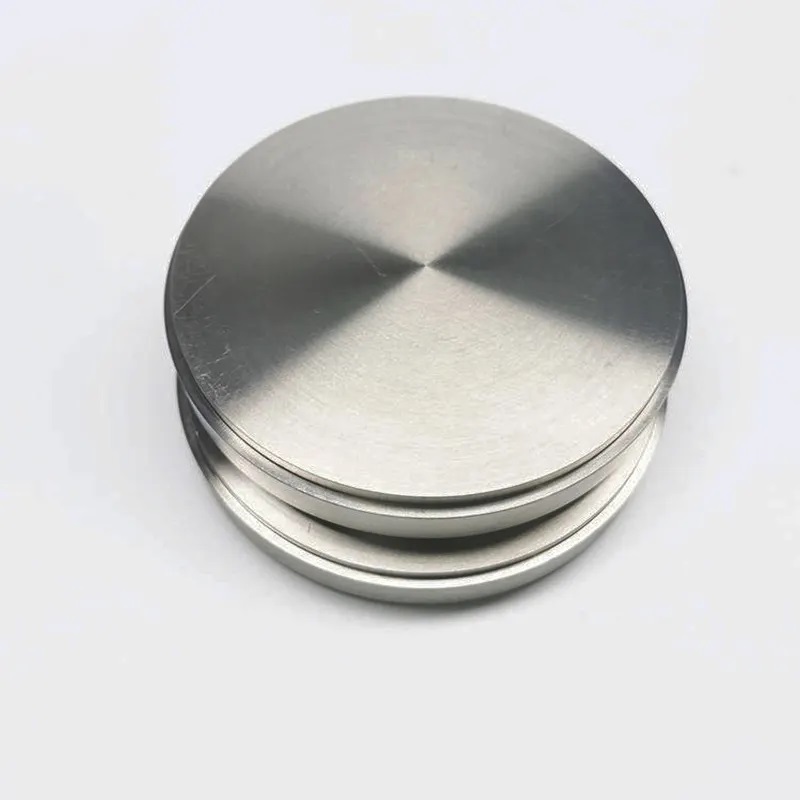
- Hardness and Durability: NiW alloys offer exceptional hardness and durability, making them ideal for wear-resistant coatings that protect mechanical parts and tools from wear and abrasion.
- Corrosion Resistance: NiW thin films provide strong resistance to corrosion, particularly in harsh environments exposed to moisture, chemicals, or high salinity, extending the service life of components.
- Thermal Stability: The alloy maintains its mechanical and chemical properties at elevated temperatures, making NiW thin films suitable for high-temperature applications in various industries.
- Magnetic Properties: The nickel content in NiW alloys provides magnetic characteristics that are useful in certain electronic and magnetic storage applications.
- Customizable Composition: The ratio of nickel to tungsten can be customized to fine-tune the properties of the thin film for specific applications, such as increasing hardness, wear resistance, or corrosion protection.
-
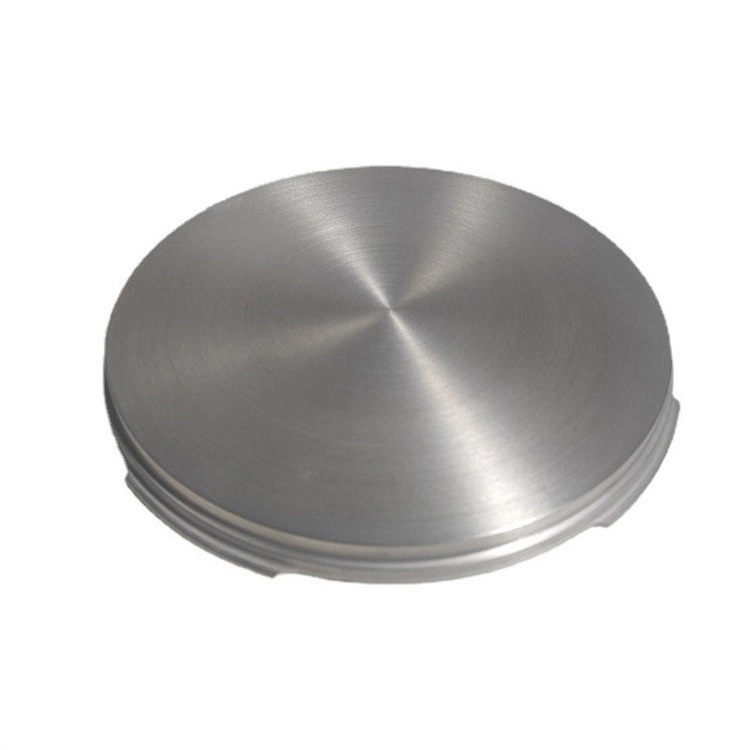
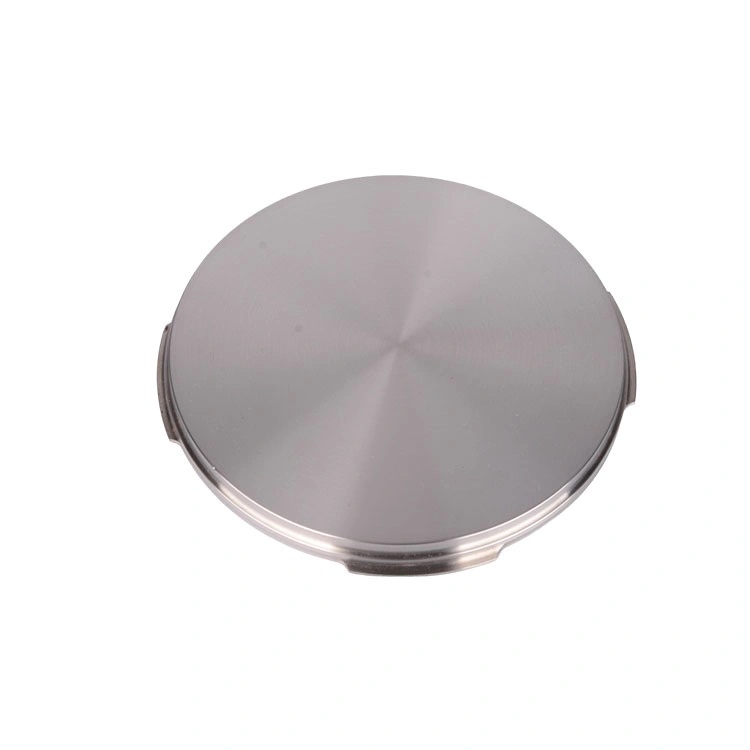
- High Strength-to-Weight Ratio: TiAl alloys combine the lightweight nature of aluminum with the strength of titanium, making them ideal for thin films in high-performance applications.
- Corrosion and Oxidation Resistance: TiAl films provide excellent resistance to corrosion and oxidation, ensuring durability and longevity in harsh environments.
- Thermal Stability: TiAl alloys can withstand high temperatures without losing mechanical properties, making them suitable for applications in high-temperature environments.
- Good Adhesion: TiAl thin films exhibit excellent adhesion to substrates, which is crucial for semiconductor and coating applications where film integrity is vital.
- Wear Resistance: The addition of titanium improves the hardness and wear resistance of TiAl coatings, contributing to extended tool life and enhanced component durability.
-
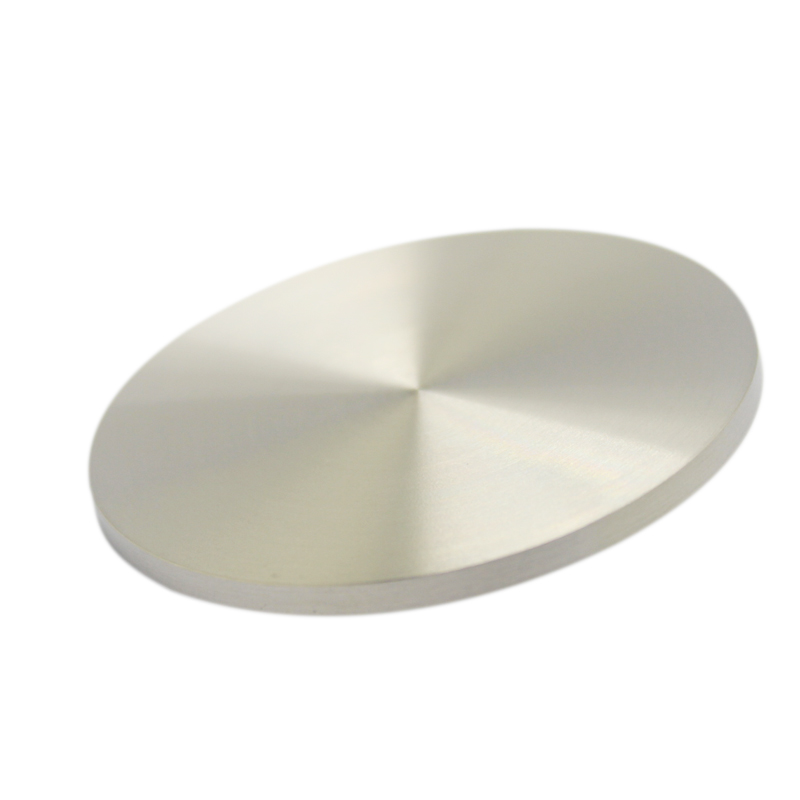
- High Purity: Ensures consistent film quality and reduces defects in deposited layers.
- Stable Composition: Titanium and antimony alloying for enhanced mechanical and chemical properties.
- Versatile Applications: Compatible with a wide range of deposition techniques, including PVD and sputtering.
- Customizable Options: Available in various compositions and dimensions to meet specific requirements.
- Durability: Resistant to oxidation and corrosion, ensuring longevity during sputtering processes.
-
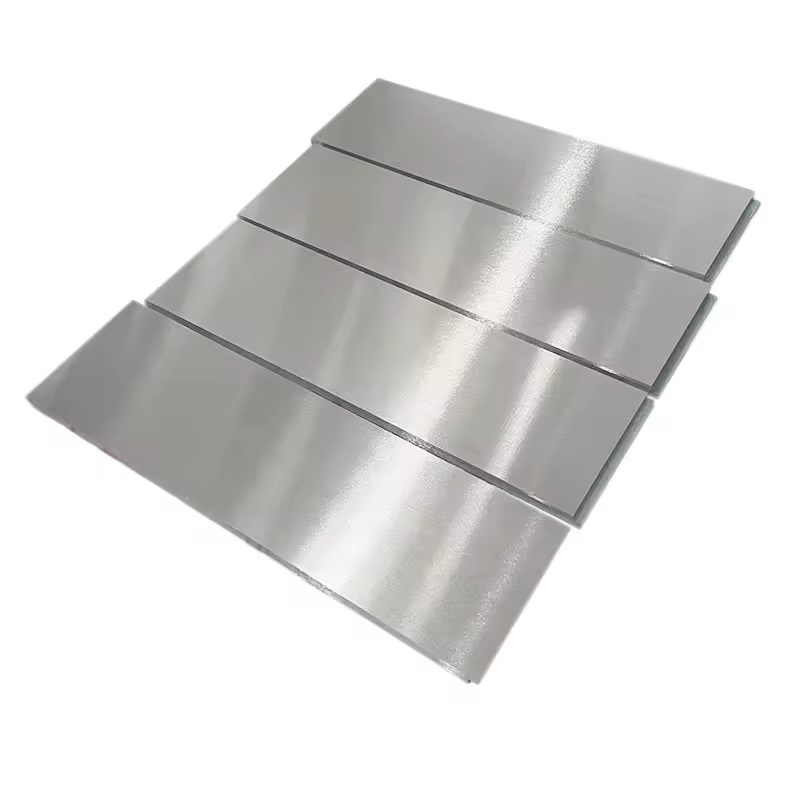
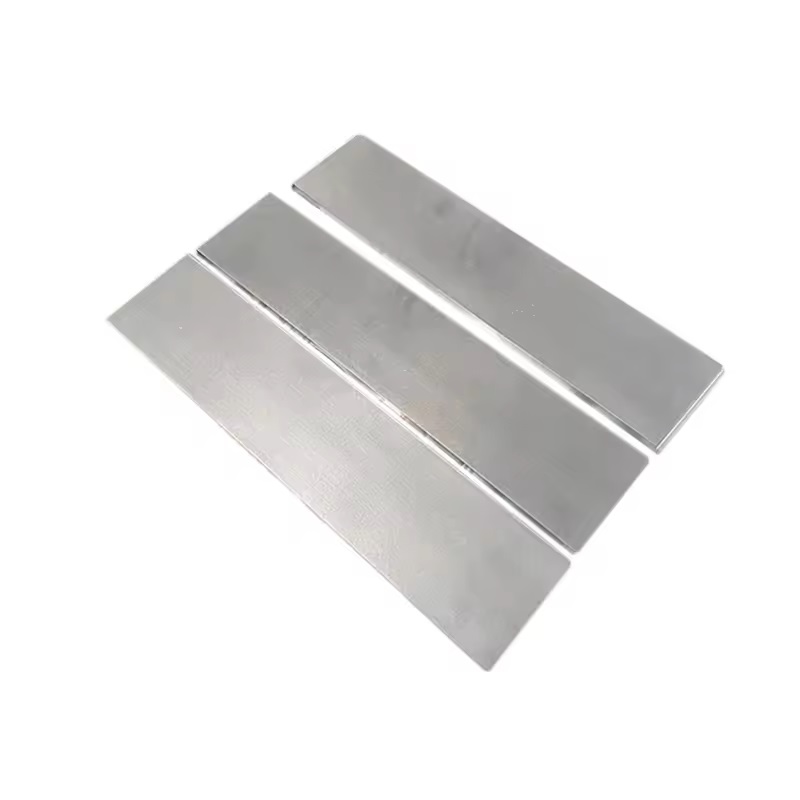
- Superior Mechanical Strength: The combination of titanium, zirconium, hafnium, and niobium results in exceptional mechanical strength, making TiZrHfNb thin films suitable for applications exposed to extreme stress and high temperatures.
- High Corrosion Resistance: This alloy’s ability to resist oxidation and corrosion, particularly in harsh and high-temperature environments, makes it ideal for aerospace, energy, and medical applications.
- Thermal Stability: TiZrHfNb alloy thin films retain their structural integrity at elevated temperatures, making them suitable for use in high-heat applications, such as power generation systems and aerospace components.
- Wear Resistance: The combination of hafnium and niobium in the alloy enhances wear resistance, making it perfect for applications requiring durable coatings, such as industrial tools and mechanical parts.
- Biocompatibility: TiZrHfNb alloy is biocompatible, making it ideal for medical devices and implants where long-term stability and resistance to body fluids are required.
-
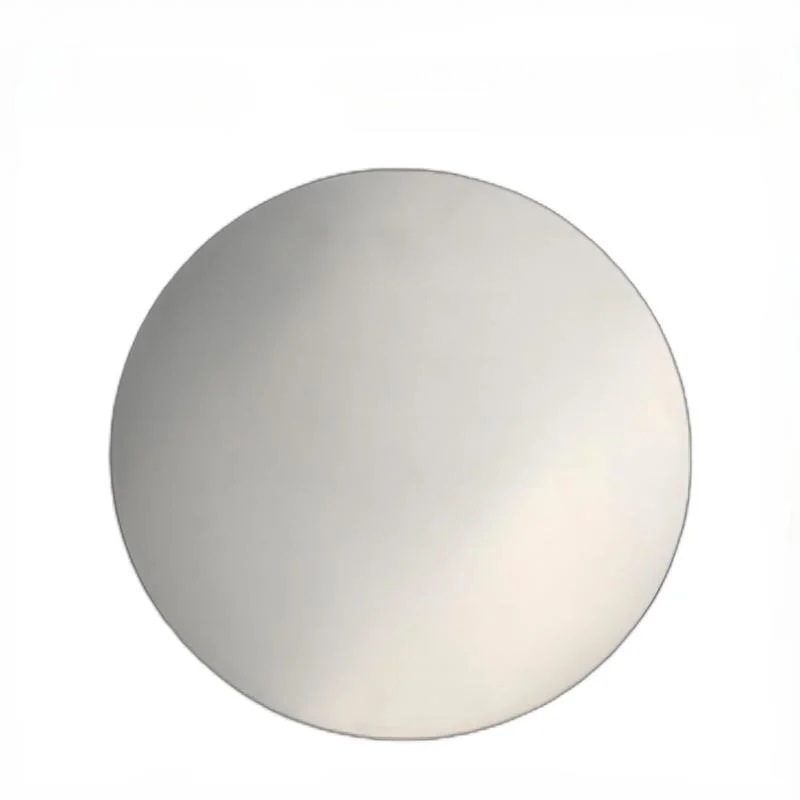
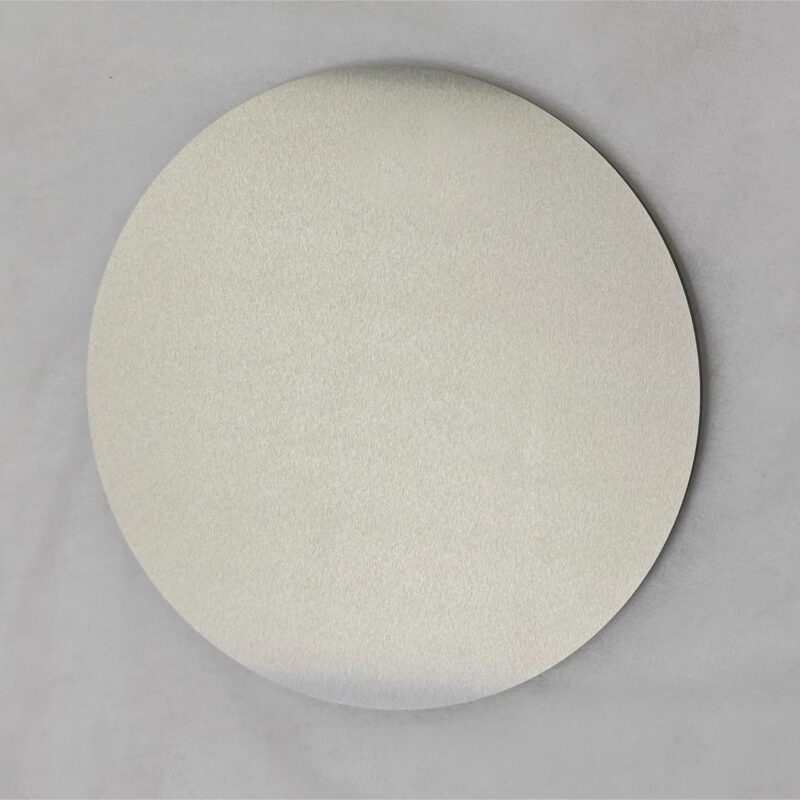
- High Melting Point: The combination of tungsten and titanium gives the alloy a high melting point, making WTi thin films highly durable and able to withstand extreme temperatures.
- Oxidation and Corrosion Resistance: WTi thin films resist oxidation and corrosion, making them ideal for environments where materials are exposed to harsh conditions.
- Excellent Adhesion: WTi thin films exhibit excellent adhesion to various substrates, which is crucial for thin-film performance in semiconductor and microelectronic applications.
- Good Electrical Conductivity: Tungsten’s inherent conductivity is complemented by titanium, making the alloy an ideal choice for electrical applications, such as in semiconductors and thin-film resistors.
- Mechanical Strength: The alloy’s mechanical strength ensures that WTi thin films are resistant to wear, making them suitable for use in hard coatings and other demanding applications.









